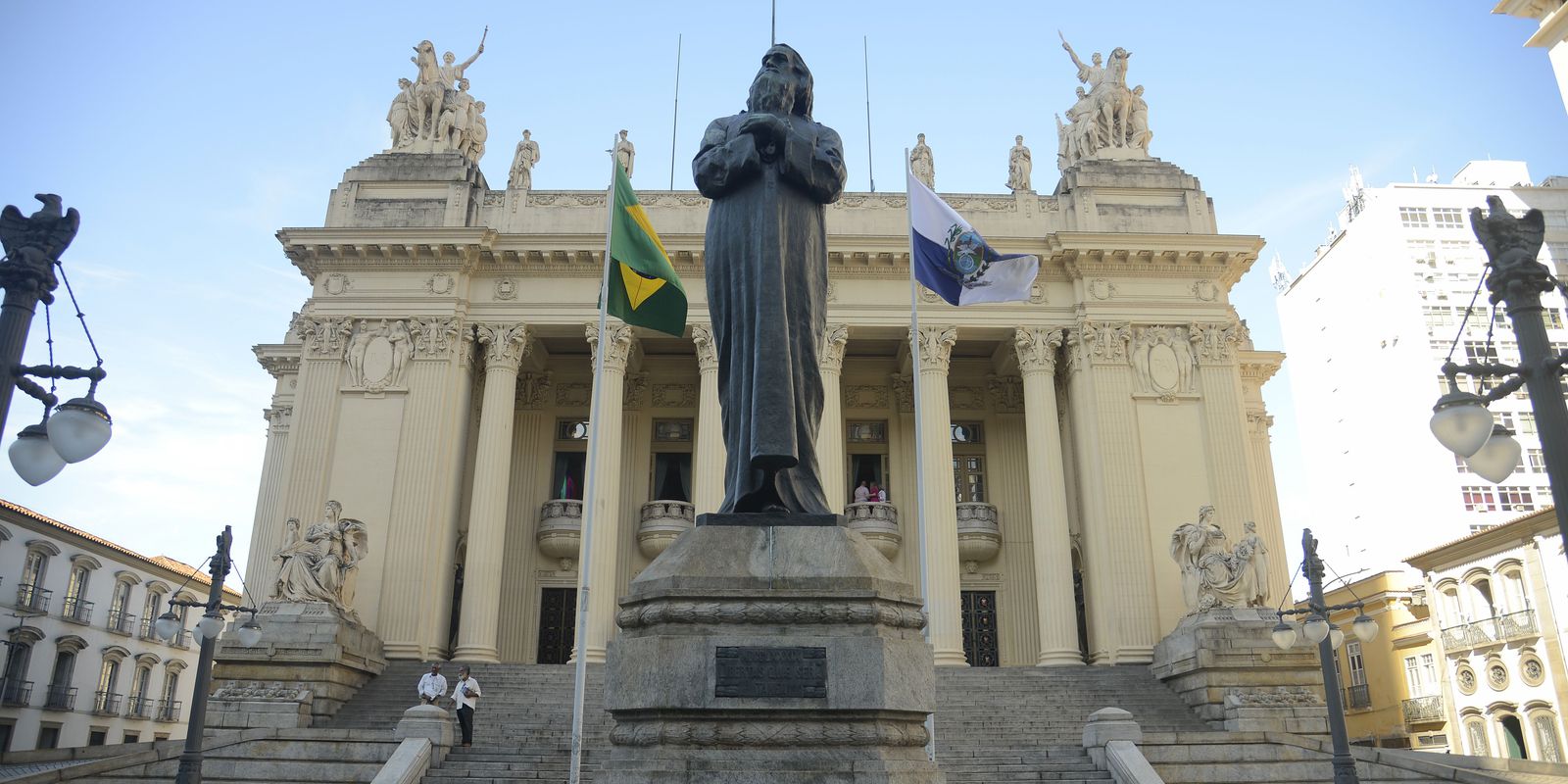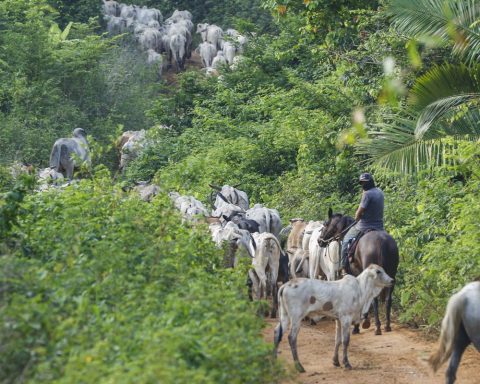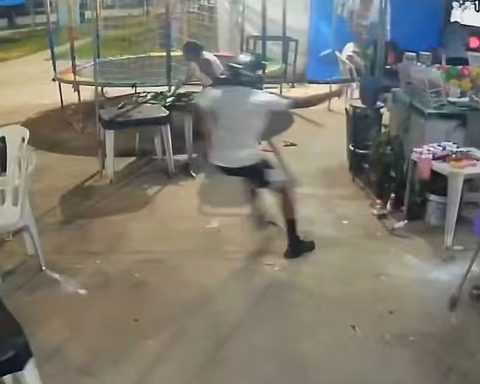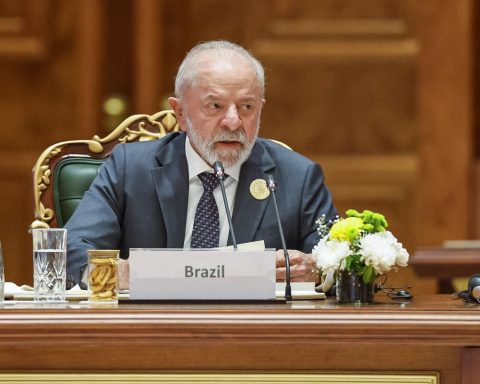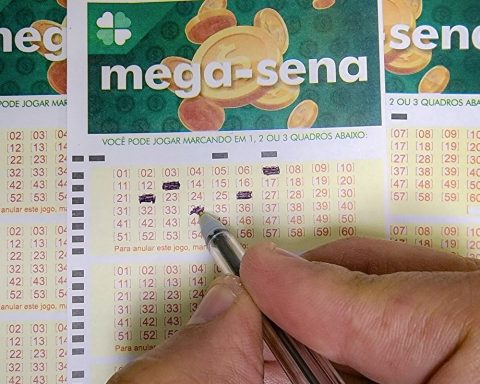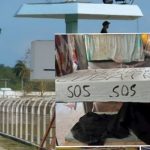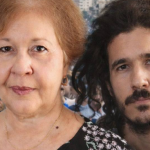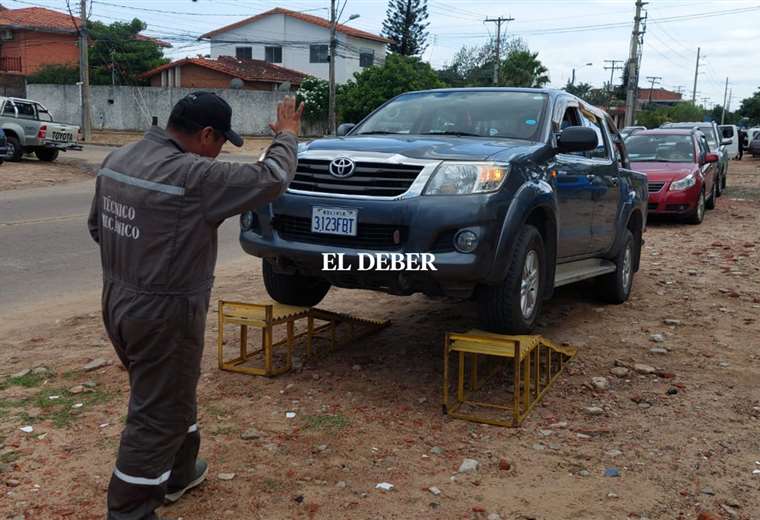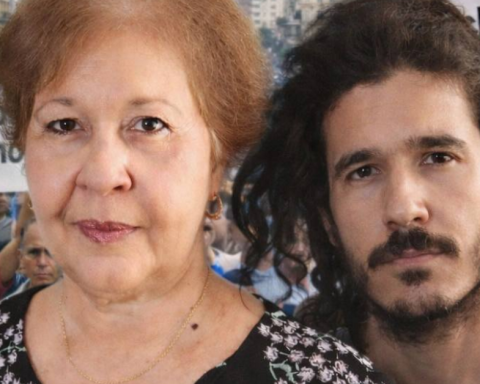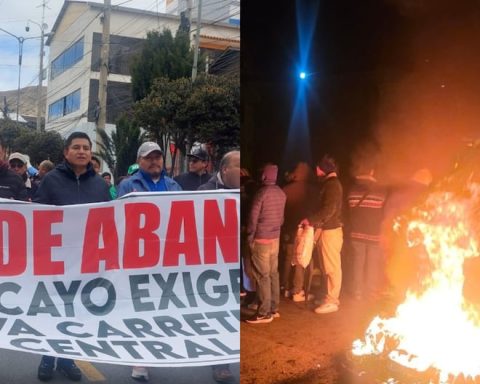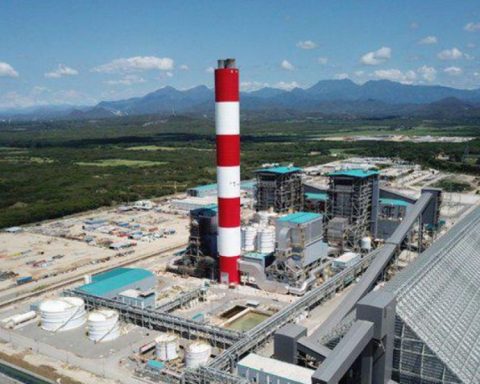Rio de Janeiro will gain another cultural center starting this year. The Tiradentes Palace, historic seat of the Legislative Assembly of Rio de Janeiro (Alerj), should be open to the public in the first half of the year. The laying of the cornerstone of the new center, called Casa da Democracia, took place this Tuesday (31). The state parliament has moved to a new building.
The president of Alerj, Deputy André Ceciliano (PT), highlighted that the project reflects the search for the strengthening of democracy, precisely in a period in which political and legal institutions underwent coup attacks.
“Here is the history of Parliament. Until 1960, all the presidents of the Republic took office in this place. We live in a difficult moment. It is important that we relive this history, because democracy is freedom and we cannot lose freedom. Democracy has been severely attacked in recent years, especially on January 8th”, said Ceciliano, who will leave the presidency of Alerj this Wednesday (1st) and will join the federal government as secretary of Federative Affairs at the Secretariat of Institutional Relations.
The superintendent of the Tiradentes Palace curatorship, Maria Lúcia Cautiero Horta Jardim, said that the restoration of the building is very meticulous. Some statues, for example, had four layers of paint, which had to be removed for the original color to emerge. Other pieces, such as the original metal rings that held the curtains in the Great Hall, were missing and were only located after many searches around the palace.
“Here we have rooms that show what the Golden Law was [de libertação dos escravos], the release of Tiradentes, even the voting dilemma is contemplated. We have multimedia rooms where we’ll be discussing all the public policy stuff. There is a very important collection in our library. We are sure that this project will be a success, as it deals with new immersive technologies, as it has a very large knowledge content”, explained Maria Lúcia.
The name Tiradentes Palace is because the land had previously housed the Chamber and the Old Chain, where the leader of the Inconfidência Mineira was imprisoned, who left there to be hanged and had parts of his body exposed along the way, to serve as a example to the rebels.
According to an article published in the magazine Diálogo, from the Assembly, democracy will have a dedicated space on the third floor, starting from the Inconfidência Mineira, going through the Estado Novo, the 1964 coup, the amnesty, passing through the political reopening and the Diretas Já movement.
The project foresees thematic exhibitions, about the Week of Modern Art and the first radio transmission. The proposal is that there are always offers of new attractions to the public.
The content, according to Alerj, is being developed with the support of the Getúlio Vargas Foundation (FGV), the Fluminense Federal University (UFF), the Moreira Salles Institute, the Brazilian Bar Association (OAB) and the Black Research and Memory Institute. New.
The revitalization of the space is taking place thanks to the Conservation and Restoration Workshop-School, which trained around 50 employees and collaborators at the house for maintenance work. Tiradentes Palace is located on Rua 1º de Março, in downtown Rio.
